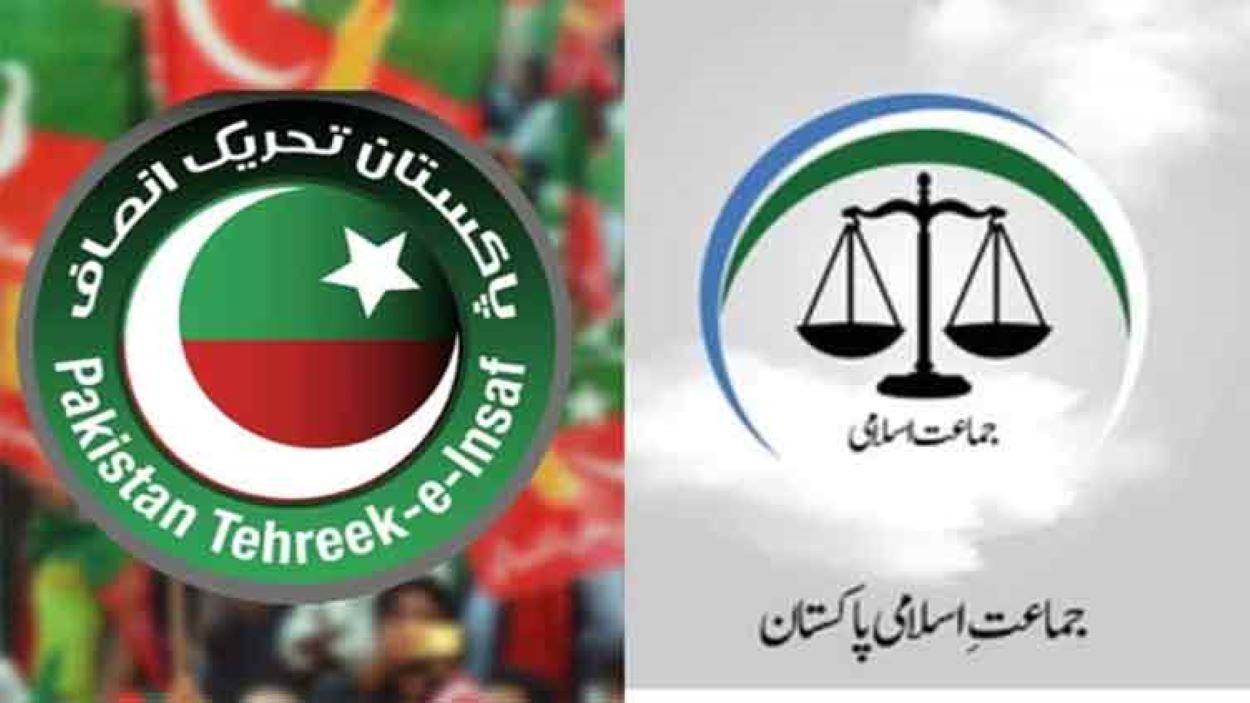The Jamaat-e-Islami (JI) has officially declined collaboration with the Pakistan Tehreek-e-Insaf (PTI) to form a government in Khyber-Pakhtunkhwa (K-P).
Despite initial discussions indicating a possible alliance, a divergence in strategy has led to JI’s refusal, underscoring the complexities of political alliances within the province.
Liaquat Baloch, the Central Deputy Amir of JI, had previously confirmed ongoing negotiations with PTI, hinting at a potential coalition in K-P’s government formation. However, JI spokesperson Qaiser Sharif later clarified the party’s stance, emphasizing national interest over provincial alliances, and noted PTI’s shift in position. This development highlights the intricate dynamics as both parties navigate the post-election landscape.
Despite early talks of cooperation at national and provincial levels, the JI has set distinct boundaries for its engagement with PTI, indicating a strategic pivot. Post-election, PTI approached JI to discuss a unified approach for government assembly, prompting JI to form a committee led by Liaquat Baloch for further dialogue. Yet, the discussions revealed deep-seated concerns regarding election integrity and the final stance on government formation in K-P, leading to JI’s decision to withhold support solely for the province.
This narrative of negotiation, coupled with the eventual discord, reflects the nuanced political manoeuvres in Pakistan’s evolving democratic framework. JI’s openness to supporting PTI-backed candidates underscores a commitment to constitutional norms and the public mandate despite disagreements on coalition terms. As political entities reevaluate their strategies, the emphasis remains on upholding democratic values and national interest amidst the fluid political milieu.






